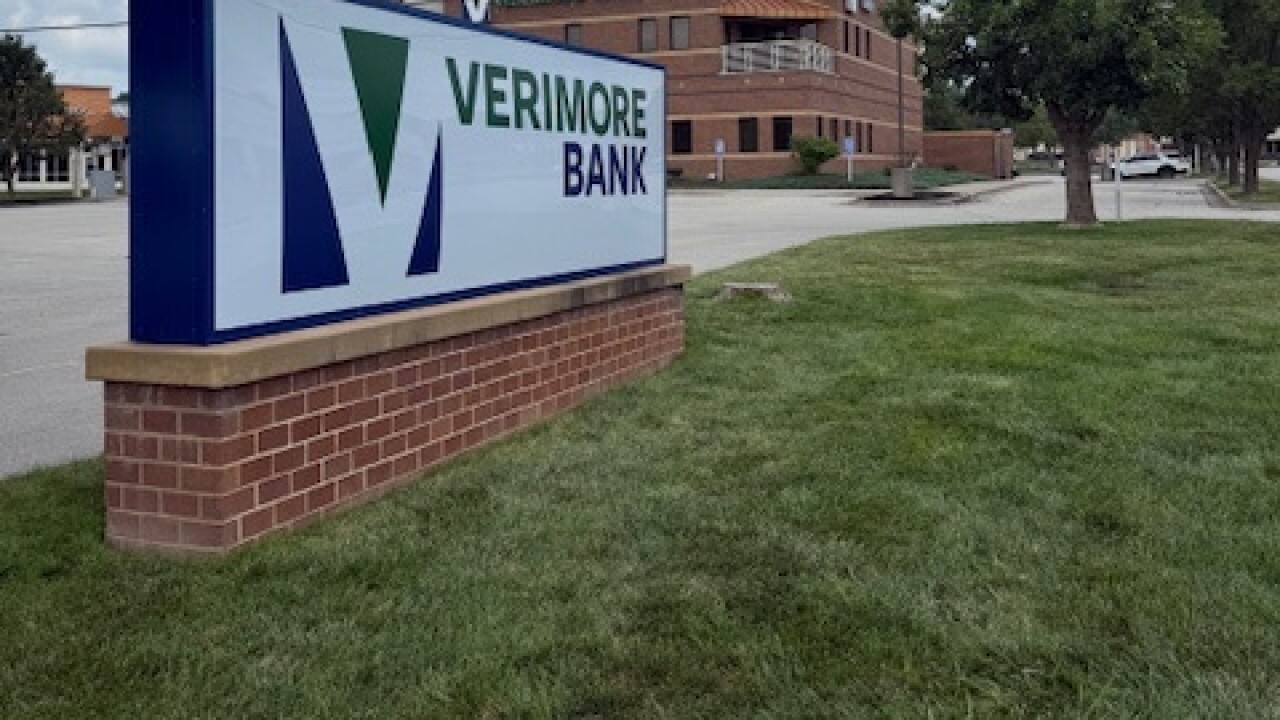-
Consumer-focused regulations, in general, should reflect what financial products actually do, not the technicalities of who issues them or what legal status they hold.
November 29 -
If your bank is gung-ho to issue prepaid cards, think again. Focus on how to retain checking account customers, rather than emulating Green Dot and Chase and issuing fee-based "prepaid cards" as a new (already outdated) product.
October 16
American Express (AXP) has just given its
The New York credit card company said Bluebird customers who can already deposit checks by snapping a picture from their smartphones, electronically pay billers and send cash to friends, can now place up to $100,000 into their accounts annually. Previously, a customer could only keep $10,000 in an account at any one time.
Customers can now also order physical checkbooks for the online and mobile account. Customers can order one checkbook for free until August, after that they will be charged $26 for a group of 50 checks. Separately, people will be able to mail-in checks to be deposited in order to fund their near-feeless Bluebird accounts.
The desired effect is to make Bluebird an even closer competitor to banks. The prepaid card account, built on top of Amex's Serve platform, is already a potential disruptor to retail banking.
"Our stated intent was to create a checking and debit alternative for those that are unhappy with the more traditional ways of delivering these things," says Daniel Eckert, Walmart (WMT) U.S.'s vice president of financial services, in an interview with American Banker, adding that traditional checking accounts resemble a "19th century" method of holding cash. "We had a gap in servicing our customers, such as government employees or active duty [military] personnel. Adding these capabilities to Bluebird just further" bolsters its value, he says.
Amex is working in concert with the retail giant to distribute the cards, which are available as part of a $5 setup kit — effectively turning 4,000 Walmart stores into bank branches. Customers can also get Bluebird online for free.
The two companies launched Bluebird on top of Amex's digital wallet platform, Serve, in October after rumors surfaced over the summer that a pilot of the program born in late 2011 had been scuttled. Three months later, in January, there were 575,000 Bluebird customers, says Dan Schulman, Amex's group president of enterprise growth.
Perhaps the most significant development is that Bluebird accounts can now accept government payments, such as Social Security checks and tax refunds. An early criticism of the accounts was that
Amex is working with Wells Fargo, which will hold all the deposits, says Schulman, in order to provide the insurance. Wells Fargo has long partnered with American Express, but was not involved in the Bluebird account until today.
"A lot of people have some sort of government disbursals," he says, adding that Amex began working on these enhancements soon after it launched Bluebird in the fall. "So we redid a lot of the software on the platform — the connections between Amex's Centurion Bank and Wells Fargo in order to enable customers and potential customers to directly deposit" those funds.
Schulman adds that now, after Amex receives a deposit from one of its Bluebird customers, it moves that money from its bank over to Wells Fargo within 24 hours.
In another new feature to the account, Bluebird's new checks come with a unique authentication feature.
When a customer writes a check, she must get an eight-digit authorization code from the Bluebird smartphone app that she must write on her check.
The amount allotted for that payment is then segregated from the total she has available. And the payee can instantly validate the check by calling an 800 number printed on the Bluebird check to determine whether or not the writer has the money available.
Amex has long tried to be on the leading edge of payments and financial services.
Most recently, it began allowing its customers to
After these recent Bluebird announcements, there should be little doubt where Amex wants to take its prepaid card accounts.
"If there was any question as to whether the American Express Bluebird account was a prepaid card or a quasi-checking account, all doubts should be put to rest based on the newest changes announced by Amex," says Jim Marous, a senior vice president of corporate development at digital direct marketing agency New Control, and author of the Bank Marketing Strategy blog, in an email to American Banker. "With FDIC insurance coverage, the ability to write checks (even with a pre-authorization requirement) and the increased funding capability, Bluebird has emerged as a very powerful free checking alternative."
The updated Bluebird features are going to be tough to criticize, says Brian Riley, a senior research director in the bank cards and retail banking practice at CEB Towergroup.
"Amex executes like a champ, it's always been right. I don't see any hair on this thing at all," he says. "Bankers are not only going to have a tough time criticizing this, but they haven't come up with a good competitor yet, other than Chase Liquid and what that lacks is a business partner."
As Schulman has said in the past he is insistent that Bluebird, along with its underlying Serve platform technology, will continue to change with customer needs.
"This platform is going to continue to evolve. It's a software based platform," he says. "We have a number of things that I'm not going to talk about right now, but are underway."





